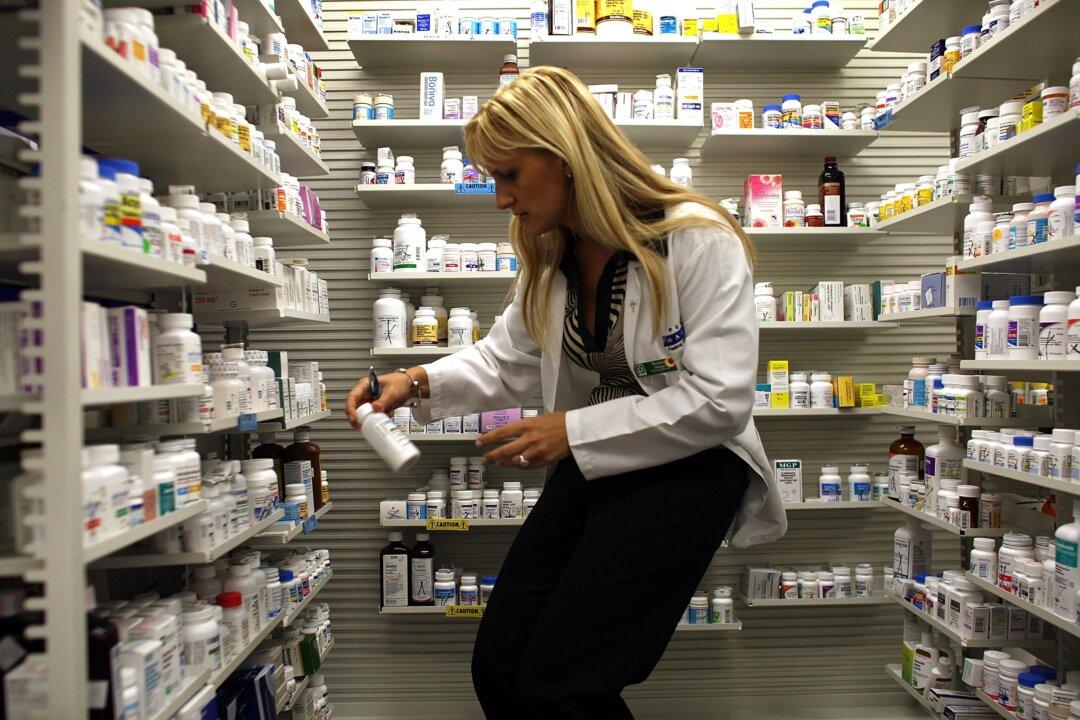WASHINGTON—U.S. Trade Representative Robert Lighthizer on Monday said the United States would seek to promote more domestic manufacturing of key medical supplies in light of the strategic vulnerabilities laid bare by the CCP virus pandemic. The Epoch Times is referring to the novel coronavirus as the Chinese Communist Party virus.
Lighthizer told trade ministers from the Group of 20 major economies (G20) that Washington agreed there was a need to resolve supply chain disruptions and be aware of the impact of its actions on neighbors.





